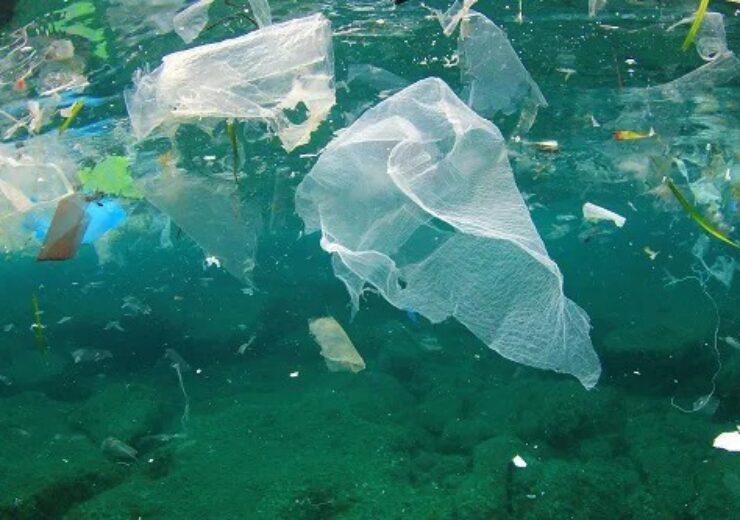The NSW ban applies to all lightweight shopping bags with handles which are 35 microns or less in thickness, including biodegradable, compostable and degradable bags

New laws banning the supply of lightweight plastic shopping bags. (Credit: National Retail Association)
New laws banning the supply of lightweight plastic shopping bags with handles will come into effect across New South Wales on Wednesday 1 June.
The National Retail Association has been working closely with the NSW Government over the past few months to provide advice and resources to thousands of retailers, suppliers, community groups and charities.
“Retailers and their suppliers are highly supportive of environmental initiatives, with many already phasing out single-use plastics, measuring their carbon footprint and committing to strong packaging and food waste targets,” NRA Chief Executive Dominique Lamb said.
What’s banned from 1 June?
The NSW ban applies to all lightweight shopping bags with handles which are 35 microns or less in thickness, including biodegradable, compostable and degradable bags.
The NSW ban does not apply to thicker reusable plastic bags, produce bags, waste bags or essential product packaging, as many of these items are reusable, recyclable, or require more research and development to ensure alternatives are safe and sustainable.
Support for businesses
The National Retail Association is providing a suite of free services to help businesses and community groups, including a dedicated team visiting retailers in their stores, holding online sessions and manning a tollfree hotline.
“We have engaged over 10,000 retailers over the past 3 months, from Tweed to Dubbo, from Bankstown to Surry Hills, and the response has been very positive.”
“We have visited more than 280 shopping precincts across NSW, with 200 of these in Greater Sydney including Parramatta, Burwood, Auburn, Carlingford and Wentworthville, providing factsheets to retailers.
“We find small and medium businesses appreciate the personalised support and resources, as they are busy running their business, serving customers and supporting their staff.
“Our services assist retailers with the change, dealing with customers through the transition and understanding the implication to costs of doing business.
“We have also engaged suppliers and over 100 community, religious, sporting and cultural peak bodies, which together represent over 20,000 organisations, to help everyone prepare and transition.”
“We translated a communications pack into six languages – Arabic, simplified and traditional Chinese, Hindi, Korean and Vietnamese. Available online, it includes social media tiles, web copy, and guides, as well as posters in an additional 9 languages.”
Preparing customers for change
Ms Lamb says it is vital for shoppers to be prepared when the change comes into effect.
“Shoppers need to be aware that when grabbing groceries or a takeaway meal, lightweight plastic carry bags will no longer be available,” Ms Lamb said.
“It’s important for shoppers to understand that more sustainable alternatives, like fabric, recycled paper and heavyweight recycled plastic, are more expensive and retailers may need to pass on these costs. Of course, people can always bring their own alternatives such as reusable bags.
“In fact, we’ve seen a drop of 90% in the amount of bags consumed – whether paper, fabric or plastic – since retailers started introducing bag fees, which is another win for sustainability.”
Source: Company Press Release
